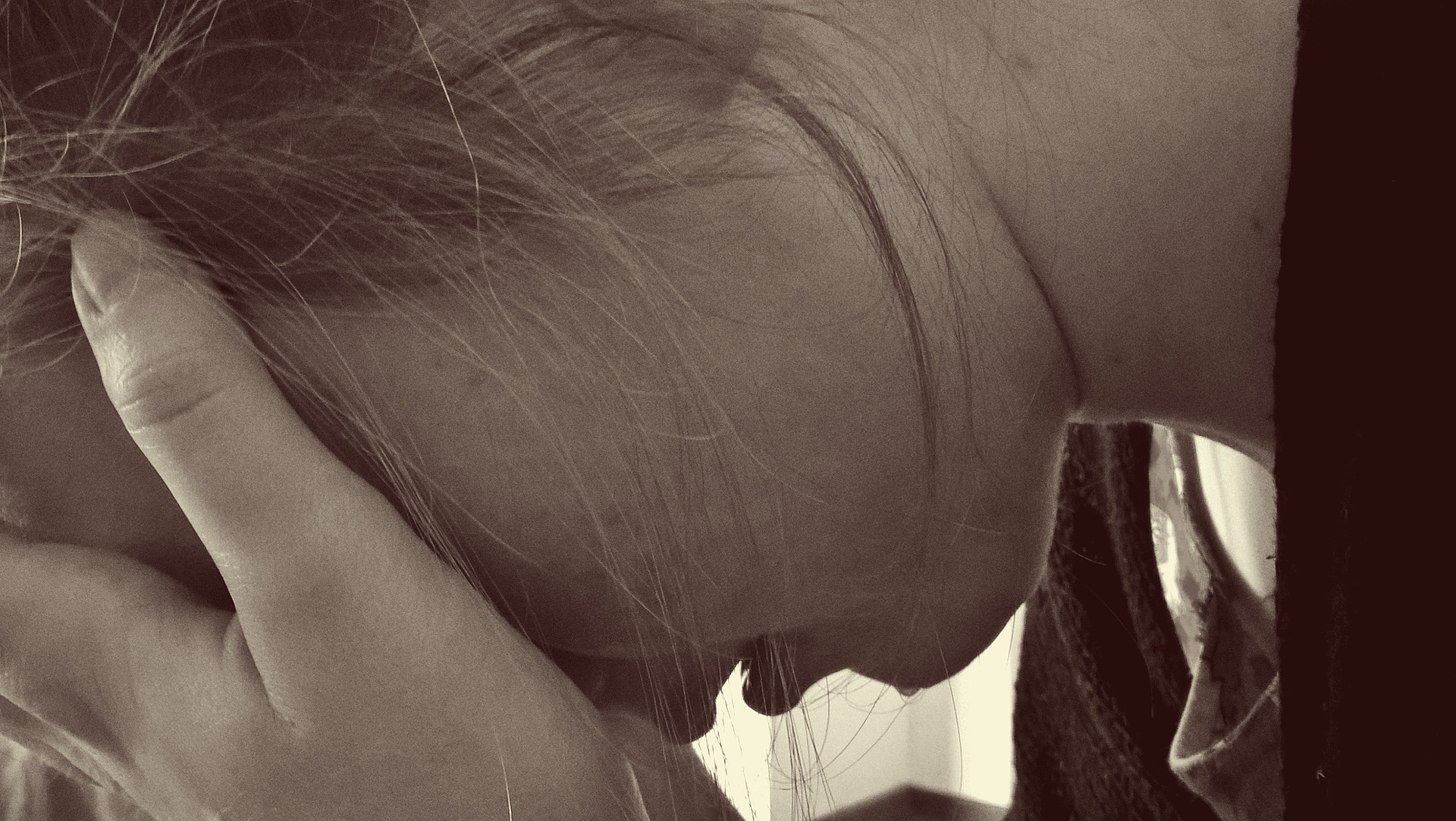By Abby Rodman
Courtesy of Huffington Post
Because emotional abuse has become such a popular topic in the self-help and psychology fields, you may already be familiar with some of its signs, which may include withdrawal of affection, name-calling, and control. But if you suspect you’re in an emotionally abusive relationship, you may be so immersed in it that you can’t read the very destructive handwriting on the wall. Emotional abuse becomes, in a sense, your blurred normal.
The term “emotional abuse” is thrown around a lot these days and that’s a dangerous thing. To respect its victims, we have to be very careful about watering it down. To be clear: A one-off fight with your partner in which you both say things you regret is not emotional abuse. Your spouse forgetting your anniversary two years in a row is not emotional abuse. These events may cause some bumps in your relationship but, standing alone, they are not abuse.
Emotional abuse is like this: You’re filled with a sickening dread every morning knowing you’re facing another day of psychological warfare. You’re perpetually drained because all your energy is expended trying to keep your partner happy (and, you’ll eventually come to realize, those efforts are in vain). You’re nauseous, anxious, fearful — one or all — when interacting with your partner. This is your life every other minute of every day.
Here are five straightforward guidelines to help you identify whether your relationship is emotionally healthy or emotionally abusive. Try to be open to these, trust your gut, don’t make excuses. Your life is too precious to accept being treated like crap by someone who can’t figure out how to heal from his/her own brokenness.
1) Support v. Discouragement. Do you share your dreams and plans with your partner? If not, why not? Is your excitement about your new project or hobby met with snorts and snide remarks? Healthy relationships are supportive. Those in them don’t always agree on plans or next steps, but they hear each other out respectfully. A non-abusive partner is happy when opportunities come your way. Sound like an alternate universe to yours? Pay attention to that.
2) Admiration v. Criticism. Seems like everyone is complimenting your new wardrobe, recent weight loss, or latest blogpost. Everyone, that is, except the one person who should be leading the cheering section. Your emotionally abusive partner is far more invested in tearing you down and keeping you down. He really doesn’t want you feeling good about yourself. If you do, you might realize you could do better elsewhere. So, instead of loving praise, you’ll get reactions that take you down a notch or two. Or ten.
3) Empathy v. Indifference. You’re really sad about putting your dog down, your uncle’s illness, or losing that road race. You could really use a shoulder to cry on. But you know you can’t rely on your partner for that. In order to stay in control, emotional abusers need your focus to be on them. Their tolerance for your woes is limited because they need to quickly get back to their fix: abusing you. A loving partner is your soft place to land, and will grieve life’s losses right alongside you. If your partner isn’t there for you in the tough times, take note.
4) Balance v. Chaos. Few can claim their relationships are free of rocky moments or even rocky periods. It’s almost impossible to attach your life to another’s and always see eye to eye. When healthy couples find themselves in these unpleasant phases, they focus on setting things right. They strive for peace in the relationship because that’s when they’re at their best. Conversely, emotionally abusive relationships thrive on turmoil. They rarely feel peaceful or balanced. If your relationship is consistently chaotic, and you’re exhausted from the emotional mayhem, it’s time for some serious relationship contemplation.
5) Responsibility v. Blame. Her fender bender wouldn’t have happened if you hadn’t called just as she pulled out of the driveway. If you hadn’t asked him to help out more with the kids, he could’ve put in more time at work and gotten that promotion. In fact, mostly everything that goes wrong is your fault. Whether it’s something you did today or a trespass from ten years ago, your abuser’s Rolodex of Wrongs gives him/her an ongoing list of things to berate you about. Because the emotional abuser can’t see or own his/her role, arguing the point gets you nowhere. All disappointments in an abuser’s life must be externalized. And you’re the obvious target.
A healthy, non-abusive relationship is built on support, admiration, empathy, balance, and personal responsibility. These elements add up to a love built on a respectful mutuality. If your relationship feels more abusive than loving, seek help from a therapist. Recognizing abuse is confusing at best. But acknowledging that you deserve a healthy, loving relationship shouldn’t be.

Leave A Comment